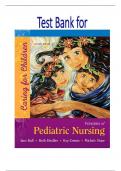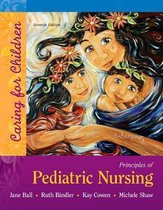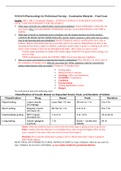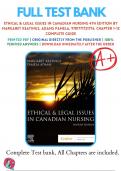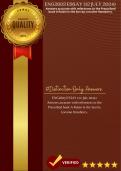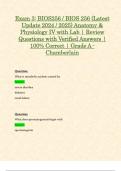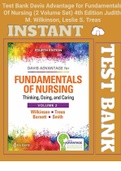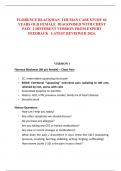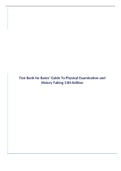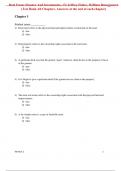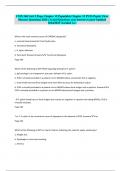Examen
Test Bank For Principles Of Pediatric Nursing Caring For Children 7th Edition By Jane W Ball; Ruth C Bindler; Kay Cowen; Michele Rose Shaw || Complete Guide A+
Test Bank For Principles Of Pediatric Nursing Caring For Children 7th Edition By Jane W Ball; Ruth C Bindler; Kay Cowen; Michele Rose Shaw || Complete Guide A+
[Montrer plus]
